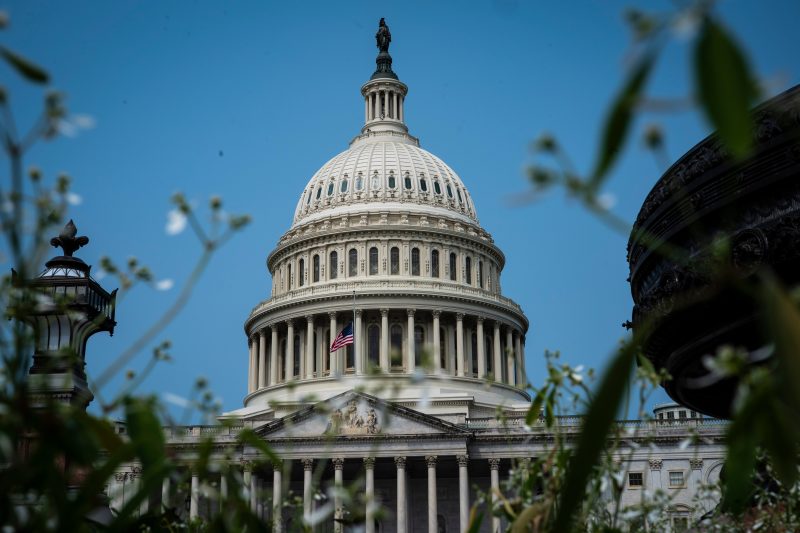
Man pleads guilty to making 12,000 harassing calls to Congress members
A Queens man pleaded guilty Thursday to threatening to kill a congressional aide and to making more than 12,000 harassing phone calls to members of Congress over an 18-month period in 2022 and 2023, federal prosecutors in Washington, D.C. announced.
Ade Salim Lilly, 35, pleaded guilty to one count of making interstate communications with a threat to kidnap or injure, punishable by up to five years in prison, and making repeated telephone calls, which carries up to a two-year prison term. He is scheduled to be sentenced Aug. 28 in Washington before U.S. District Judge Timothy J. Kelly.
“Threatening another person’s safety or life is a crime, not protected speech,” Matthew Graves, the U.S. attorney for D.C., said in a statement. “This case should send a clear message that while people are secure in their rights to express themselves, they are not allowed to threaten people and those who do will be held accountable.”
An attorney for Lilly could not immediately be reached for comment.
According to court documents, beginning in February 2022 and continuing until his arrest in Puerto Rico in November 2023, Lilly made thousands of telephone calls to about 54 congressional offices across the country, with about half of the calls placed to offices in D.C.
Lilly placed the calls while he was in Maryland or Puerto Rico, and most were answered by congressional staff members or interns, prosecutors said. Lilly became angry and used vulgar and harassing language in the calls, and in at least one call threatened to kill or injure his listener, according to court papers. Staffers and Capitol Police repeatedly asked him to stop calling and warned that his unwanted calls were harassing and barred by law, but Lilly masked his phone number, prosecutors said.
“I will kill you, I am going to run you over, I will kill you with a bomb or grenade,” prosecutors said Lilly told an aide in a call to an office in D.C. on Oct. 21, 2022. He was arrested in Puerto Rico in November by agents deployed by U.S. Capitol Police.
The government has no evidence that Lilly actually planned to carry out the threats, according to plea papers. A statement of his offense signed by the defendant and submitted by prosecutors did not specify exactly how Lilly made so many calls but said that in at least seven cases, staffers would stop answering the phone once they knew Lilly was targeting the office for harassment.
In those cases, Lilly would repeatedly ring the office, such as one office he called 500 times on Feb. 27 and 28 in 2023, and another office he called 200 times between Feb. 6 and 27, according to plea papers.
